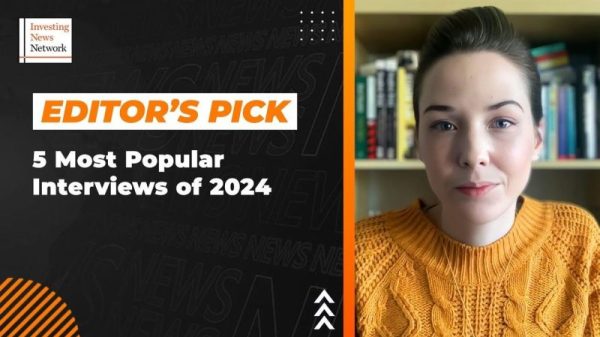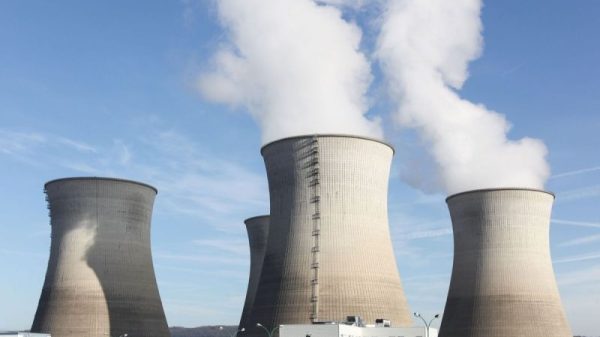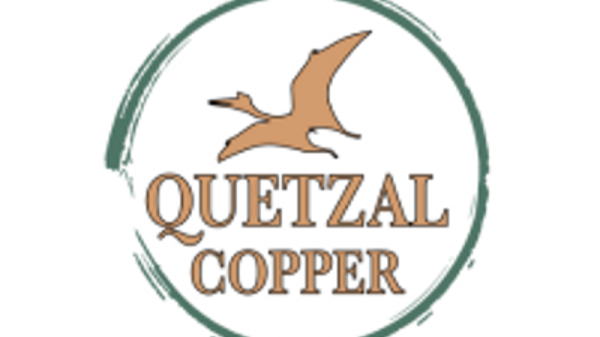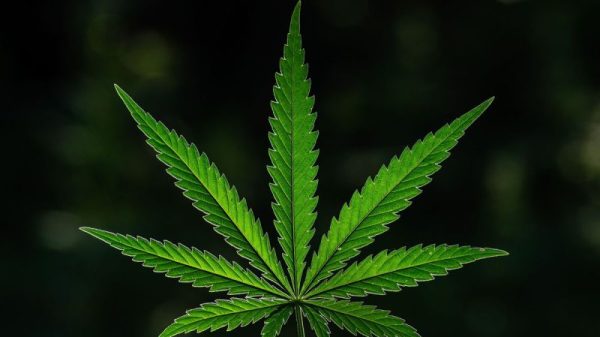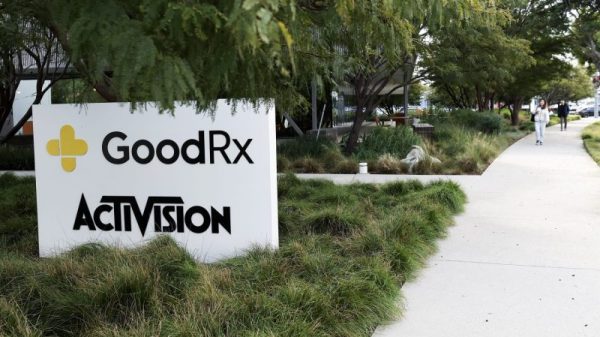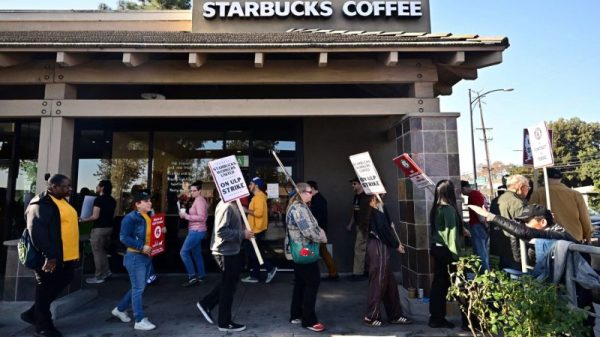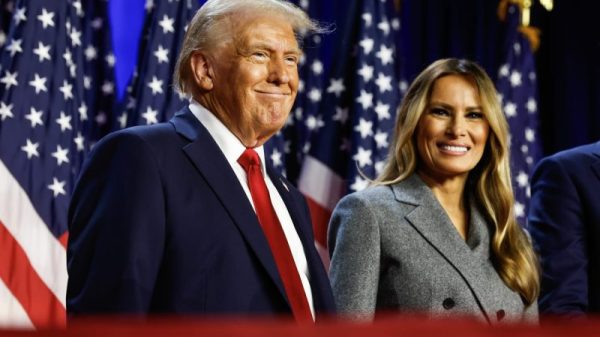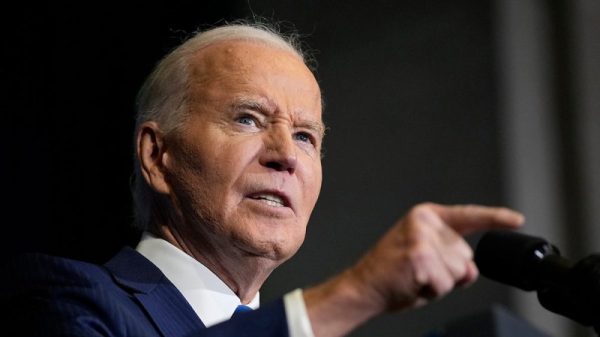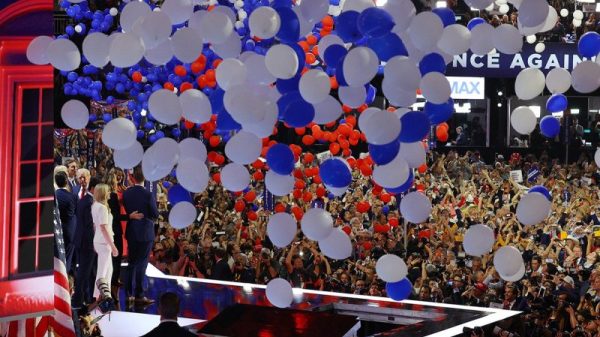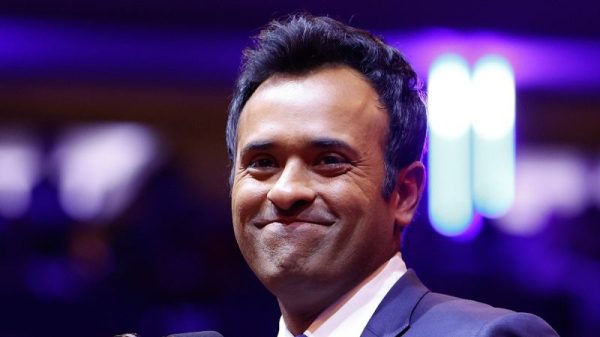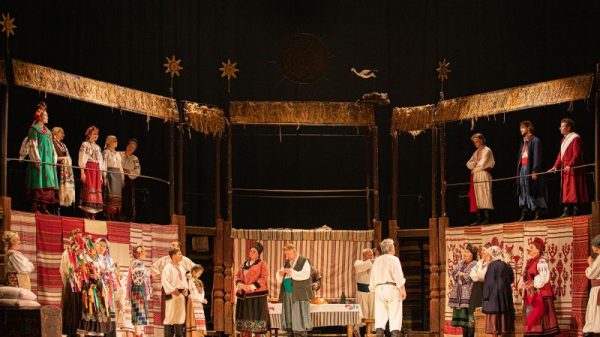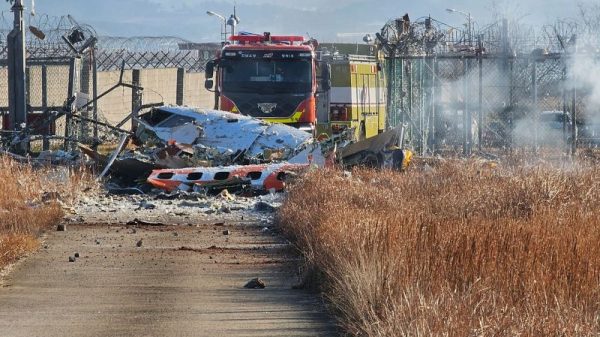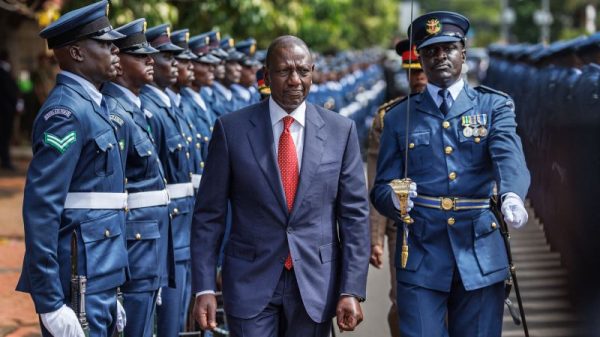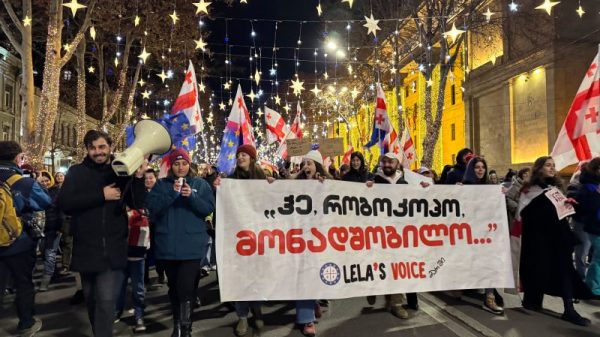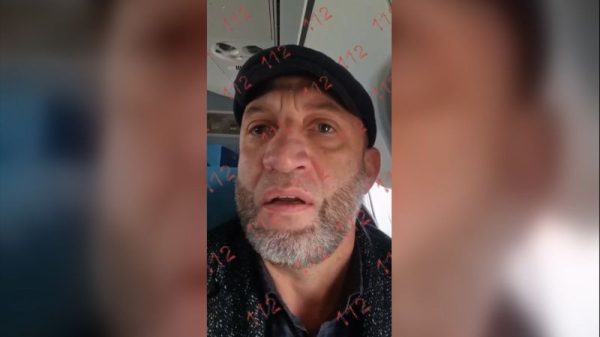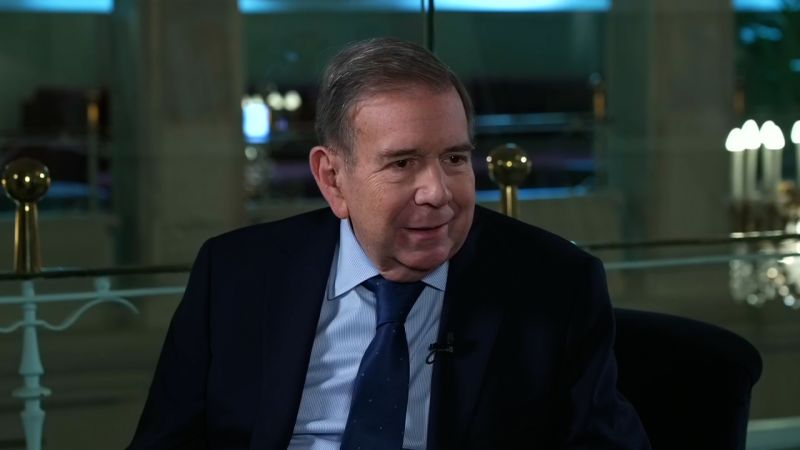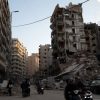In his first television interview since leaving Venezuela, Edmundo González Urrutia explained the role of the Spanish government in his departure from the Latin American country. The former diplomat also reiterated that he believes he is “more useful outside than inside,” free and not detained, to solve Venezuela’s political crisis.
Venezuela has been in a state of crisis since the country’s July presidential vote, in which authoritarian incumbent Nicolas Maduro was declared the winner by the country’s electoral authority – a body stacked with his allies – with 51% of the vote.
But tens of thousands of tallies published by the opposition suggested a win for Gonzalez. Venezuela’s opposition and multiple Latin American leaders refused to recognize Maduro’s victory, which sparked deadly protests during which thousands were arrested.
‘I had to negotiate with the regime’s envoys’
González described the days before he fled his home country. He first took refuge in the Dutch embassy because he had three summonses from the Venezuelan Public Ministry and an arrest warrant. “What awaited me was the raid of my house,” he stated. He claims he was in the Dutch embassy for 32 days “without anyone noticing I was there.”
Later, with his wife and team, he decided “the best option was to seek asylum in a friendly country like the Kingdom of Spain.” After two days at the Spanish ambassador’s residence in Caracas, González managed to leave Venezuela after signing a document at the Spanish embassy “that was initially going to be confidential” but “those who signed on behalf of the government took it upon themselves to disclose.”
The document in question accepts the ruling of the Electoral Chamber of the Supreme Court of Justice of Venezuela (TSJ), which ratified President Maduro’s victory in the July 28 elections. The Venezuelan government has yet to provide detailed results by voting center or “table” to support that announcement.
In September, González said on social media that he signed the document after several hours “of coercion, blackmail, and pressure” in the presence of Venezuela’s Vice President Delcy Rodríguez and her brother Jorge Rodríguez, president of the National Assembly.
“I had to negotiate with the regime’s envoys” to leave the country, he said. “The legal weakling there was me: either I signed that [document] or I didn’t leave.”
The version of events shared by Venezuela’s National Assembly president, Jorge Rodríguez, differs from González. On September 18, Maduro’s representative assured in a press conference that they had not coerced the former diplomat and that he was the one who decided to contact the government.
González said that he never specifically requested the presence of Delcy and Jorge Rodríguez at the meeting.
“There were only four people, so someone took them without the proper authorization of the host, the ambassador himself,” he said.
The former diplomat said his last hours in Venezuela “were very tense” because he faced the prospect of leaving the country freely with his wife or staying at the embassy “without the possibility of leaving.”
He said that at the airport, he was just waiting to board the plane “to end this nightmare.”
Would María Corina Machado go into exile? González hopes not
González said leaving the country was a personal decision “that was appropriate to keep confidential,” so he only informed María Corina Machado — who was disqualified from running in the elections and backed González’s campaign — two days before his departure.
González said he explained his reasons to her, and the opposition leader agreed.
The candidate said he has maintained “permanent” contact with Machado and that they have a very fluid relationship.
This Wednesday, Machado denied having fled Venezuela, as Maduro previously claimed.
“Venezuelans know I am here in Venezuela, people know it, and Nicolás Maduro knows it too, but they are desperate to know where I am, and I will not give them that satisfaction,” she told Florida’s EVTV network.
Would exile be the future of Machado? “I hope not,” said González, stating that he has not discussed that scenario with her.
The role of the Spanish government
Narbona said she knows “the vice president stopped for a few hours at Barajas Airport” in Madrid, but she “has no more information than what has emerged over time.”
For Narbona, the political asylum granted by Spain to González benefits him because “he lived under threat and wanted to leave Venezuela.” Spanish opposition parties, like the conservative Popular Party [PP] and the far-right Vox, have accused the Spanish government of only helping Maduro’s regime with González’s asylum.
“I have found myself in the middle of the diatribe between the two main political forces in Spain,” González said, adding that the Spanish government has provided him with all the facilities in his exile.
On September 18, the Spanish Senate approved by majority a motion presented by the Popular Party urging the Spanish government to recognize González as the elected president of Venezuela.
The former diplomat said he does not know whether Spain’s Prime Minister Pedro Sánchez is mediating with Nicolás Maduro’s regime. He reiterated that he considers dialogue always a tool to resolve a political crisis and says he supports the “important effort” of the Colombian and Brazilian governments to find a solution.
González’s goal: January 10
González said that he and the exiled opposition are working to respect the will “of the nearly 8 million who voted for a peaceful change.” The goal, he says, is to be in Venezuela on January 10 for the inauguration.
The National Electoral Council of Venezuela (CNE), controlled by Chavismo, says Maduro won with 51.95% of the votes to González’s 43.18%, although it has not yet published detailed results. This result is questioned by much of the international community for its lack of transparency.
Regarding the official figures, González says that “there is no evidence to prove they [Maduro’s regime] won.”
The opposition candidate said that an inauguration in exile has not been considered. At the same time, the possibility of not being in Venezuela on January 10 “is a scenario we have not considered,” but he is approaching it with “coolness and a fresh mind.”

